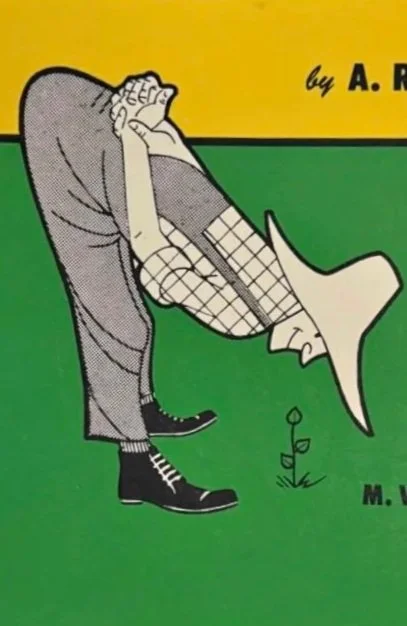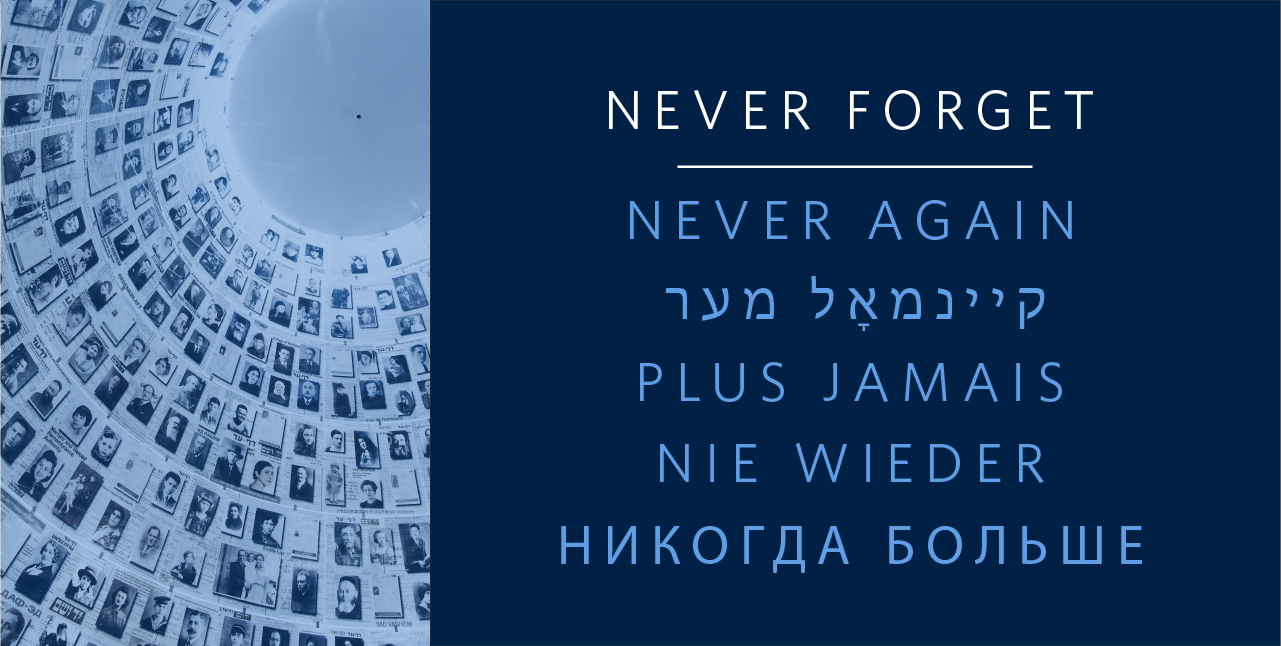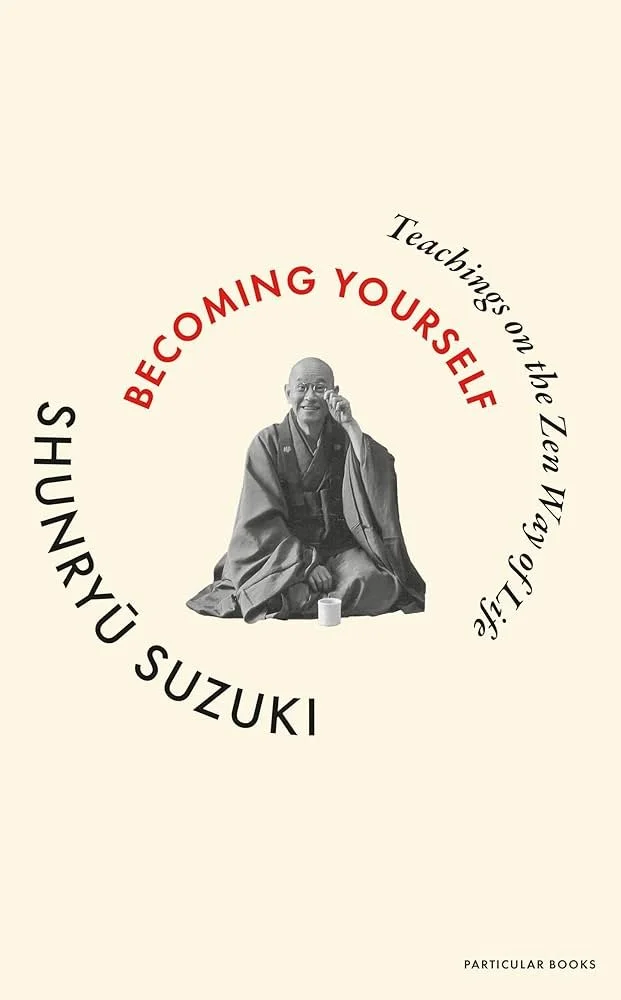Words from the teachers--April newsletter
/Dear sangha friends,
April is the month, in our latitude, that the earth springs to life. It’s the month of cherry blossoms, the dawn chorus of birdsong and of course, rain. It’s also the month of Earth Day. I just googled Earth Day and was reminded that it started in 1970 in the wake of a massive oil spill off Santa Barbara, California. Now, almost fifty years later, as Donald Trump attempts to roll back environmental protection measures established by the Obama administration, many of us fear for the well-being of the earth and the systems on which our lives and the lives of countless other beings depend.
In recent months, we and other sanghas have been inquiring into how our practice extends into the areas of social and environmental issues. We explored engaged Buddhist practice in our fall practice period, and we’ve continued the conversation in our recent long-term visioning/planning meetings. Some sangha members have expressed appreciation for the support of dharma perspectives and practice in their engagement in the world. Others have expressed concern that Mountain Rain might be putting too much emphasis on “activism”. It’s a word that can be freighted with associations of partisan politics and aggressive confrontational tactics. Our bodhisattva vows call us to respond to the suffering of all beings, not to turn away—and there are countless ways of responding. We know that everything we do or say, or don’t do or say, makes a difference in the net of inter-being.
Buddhist leaders in North America and around the world are joining with other religious leaders to speak out on issues such as social justice and climate change. Bikkhu Bodhi, the eminent Theravadan monk and translator of Pali texts, gives an eloquent appeal for the necessity of offering a dharma perspective to the wider world in the recent issue of Buddhadharma magazine. What better base from which to respond to the cries of the world than the practice of sitting in moment-moment awareness? Then actualizing that practice with wisdom and compassion, patience and equanimity.
As a sangha, let’s continue to explore how we can support each other in a wide spectrum of bodhisattva activity, guided by the bodhisattva vows and precepts, deeply grounded in silent sitting practice. Some may take care of the earth by growing vegetables with care, some may attend marches and rallies, some may write letters to politicians, some may ride bicycles and take transit, some may serve their community, some may nurture children and grandchildren—the possibilities are endless. We welcome your ideas and suggestions.
Warm bows,
Myoshin Kate and Shinmon Michael




